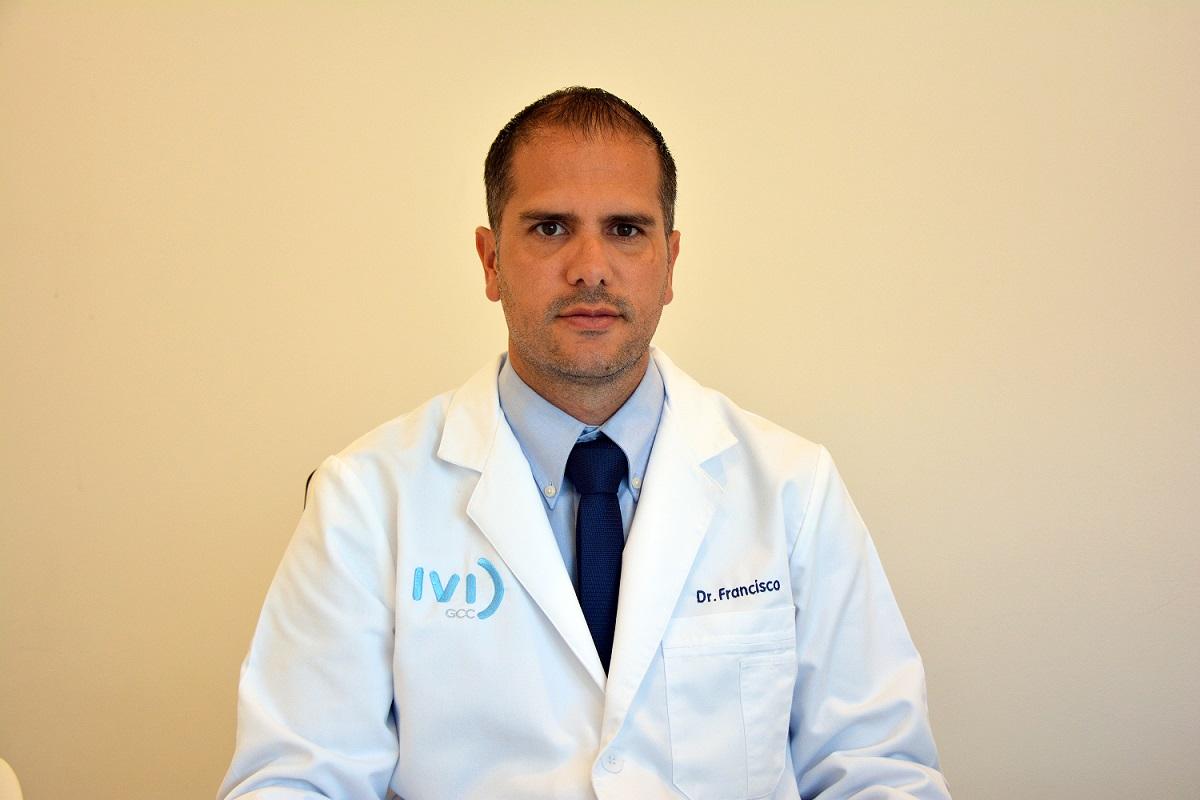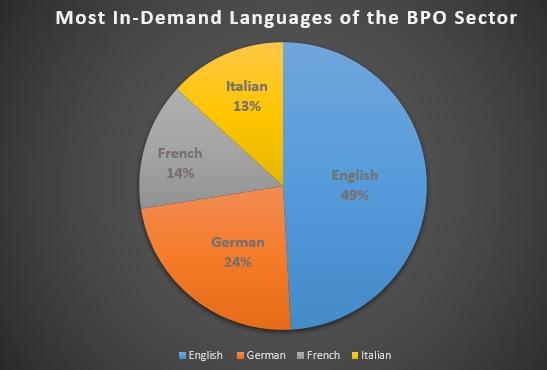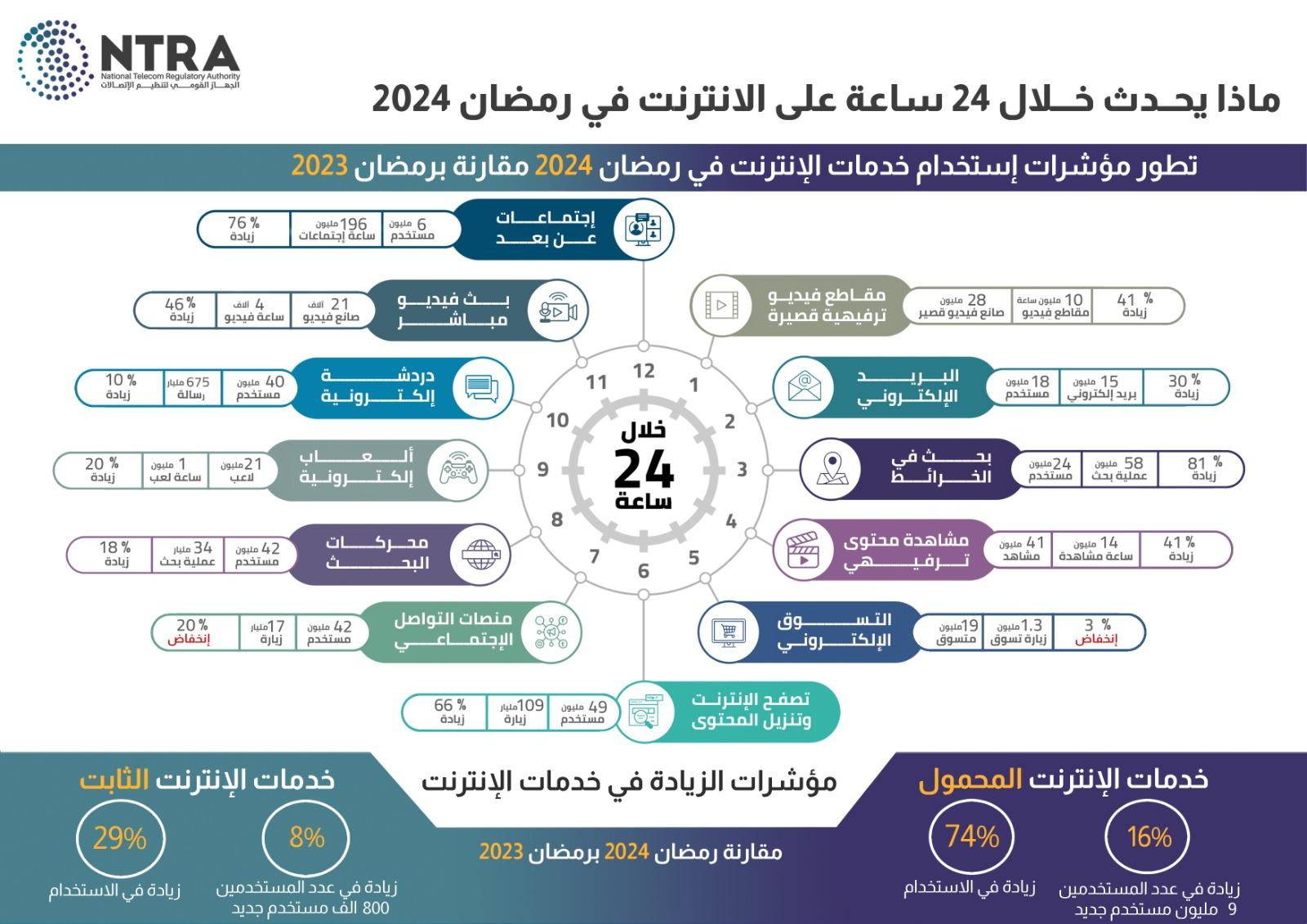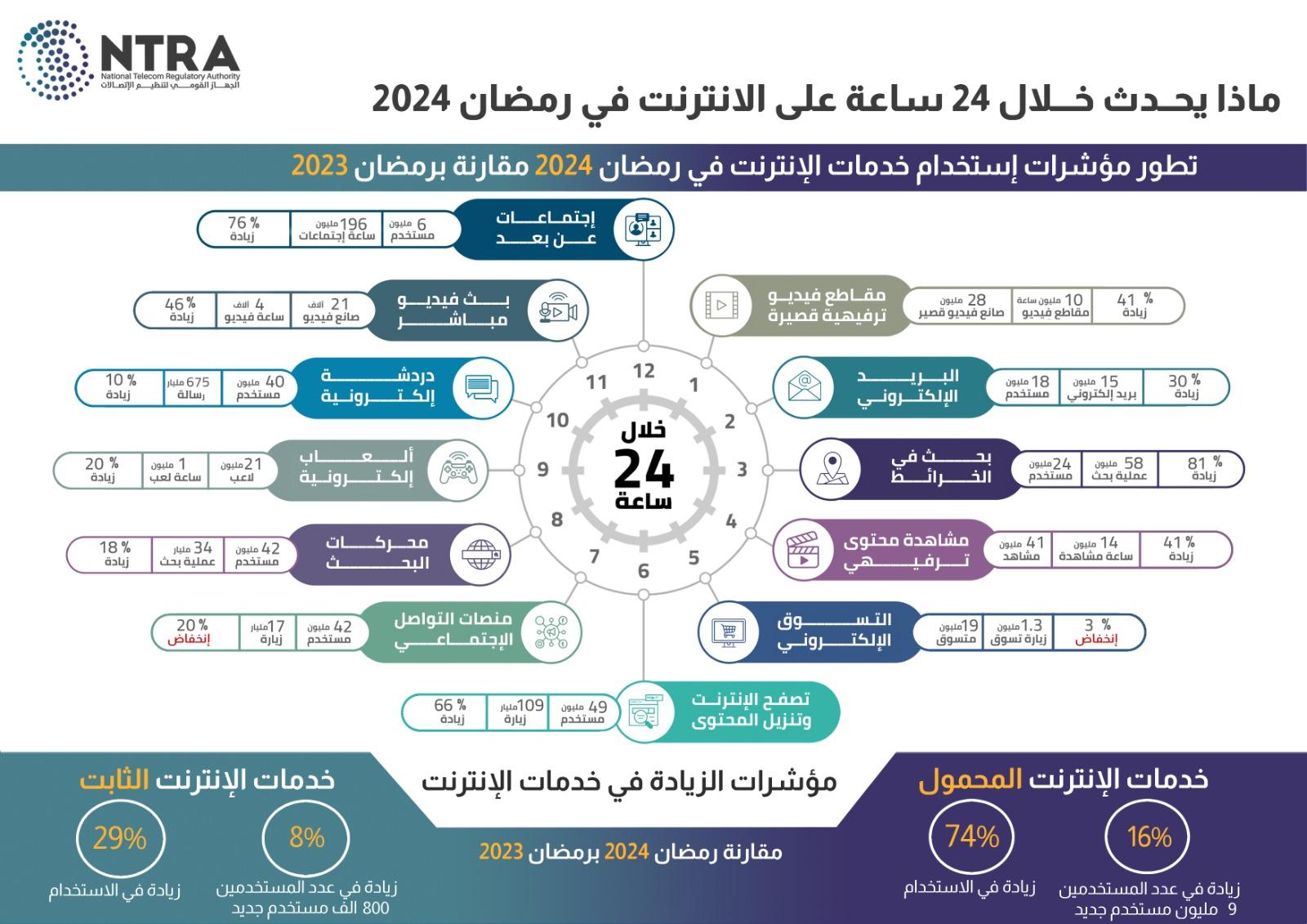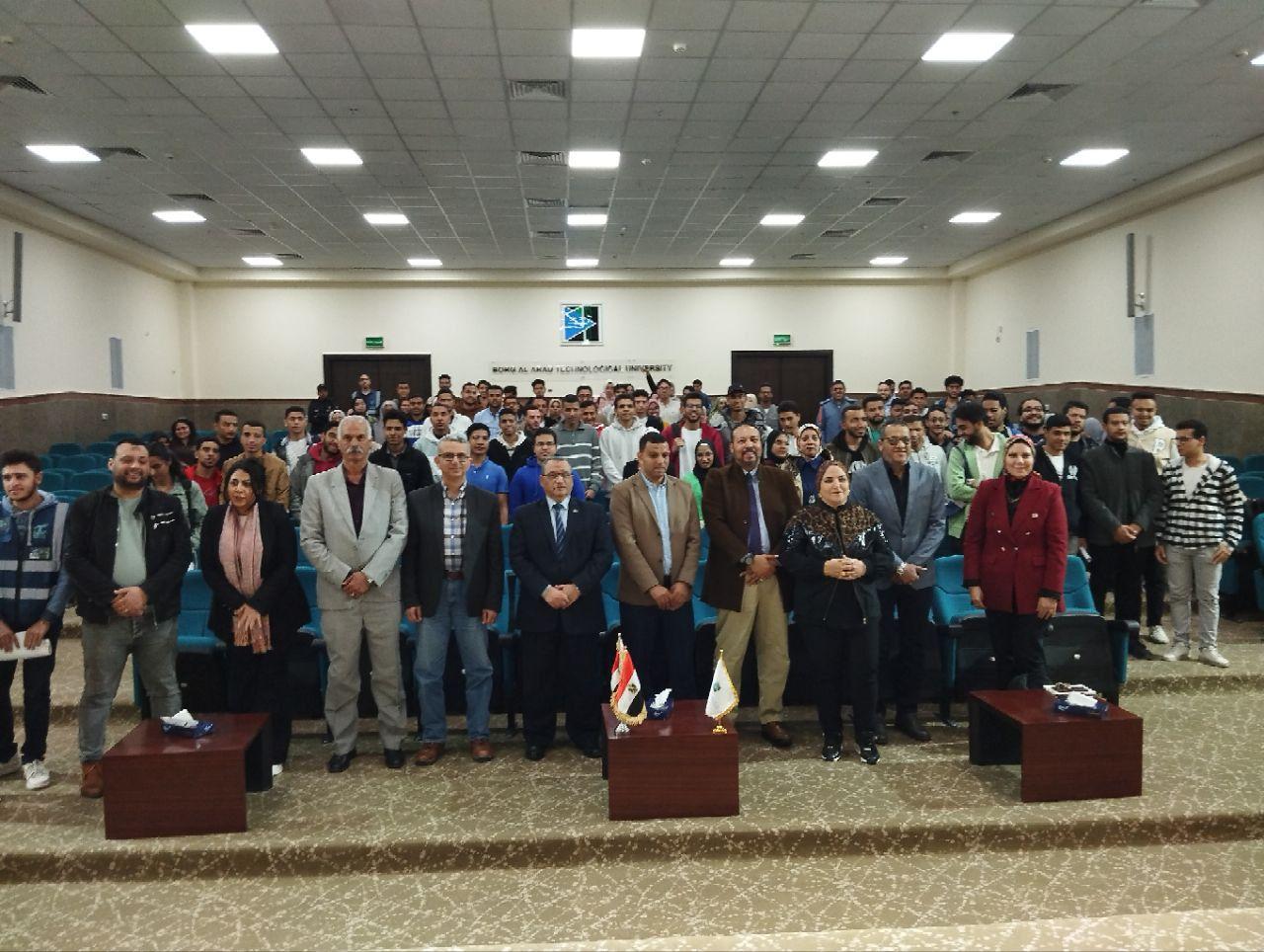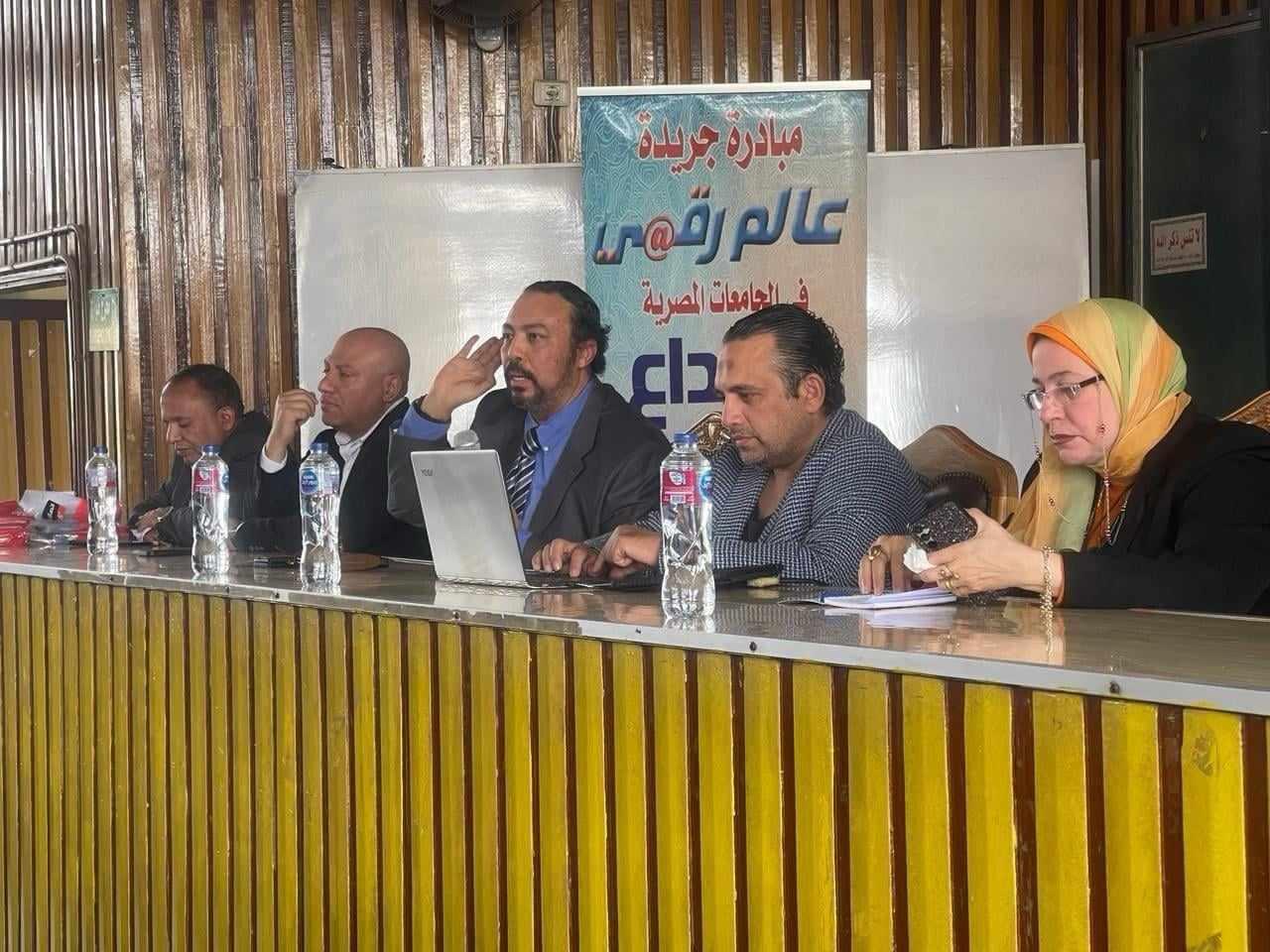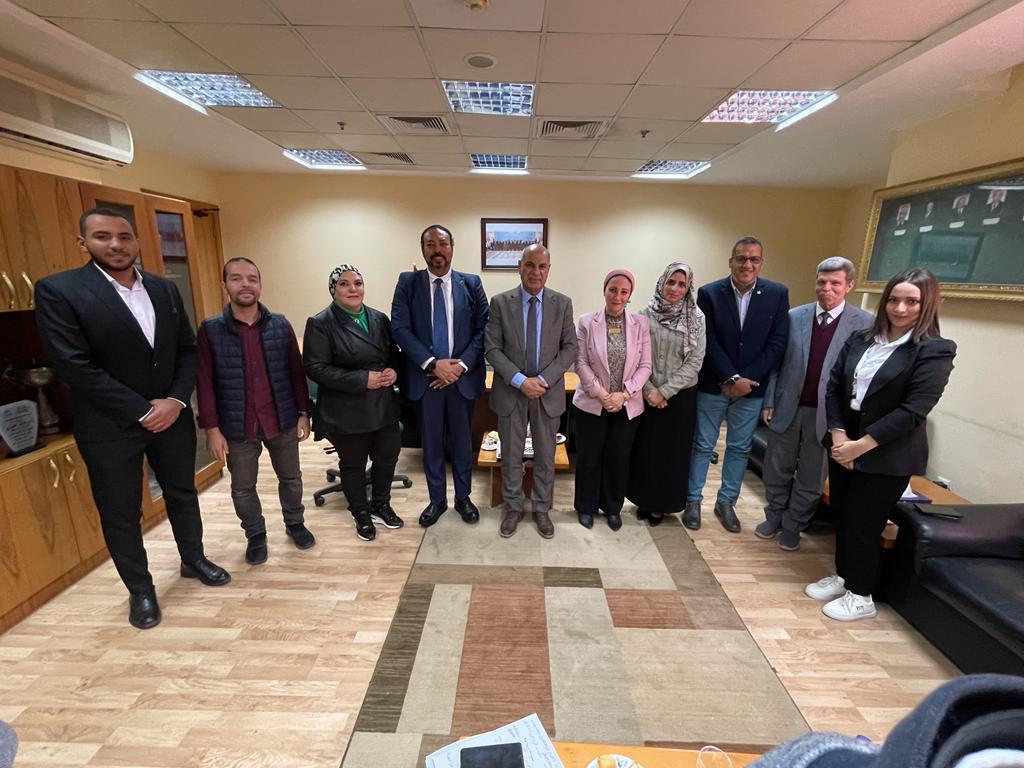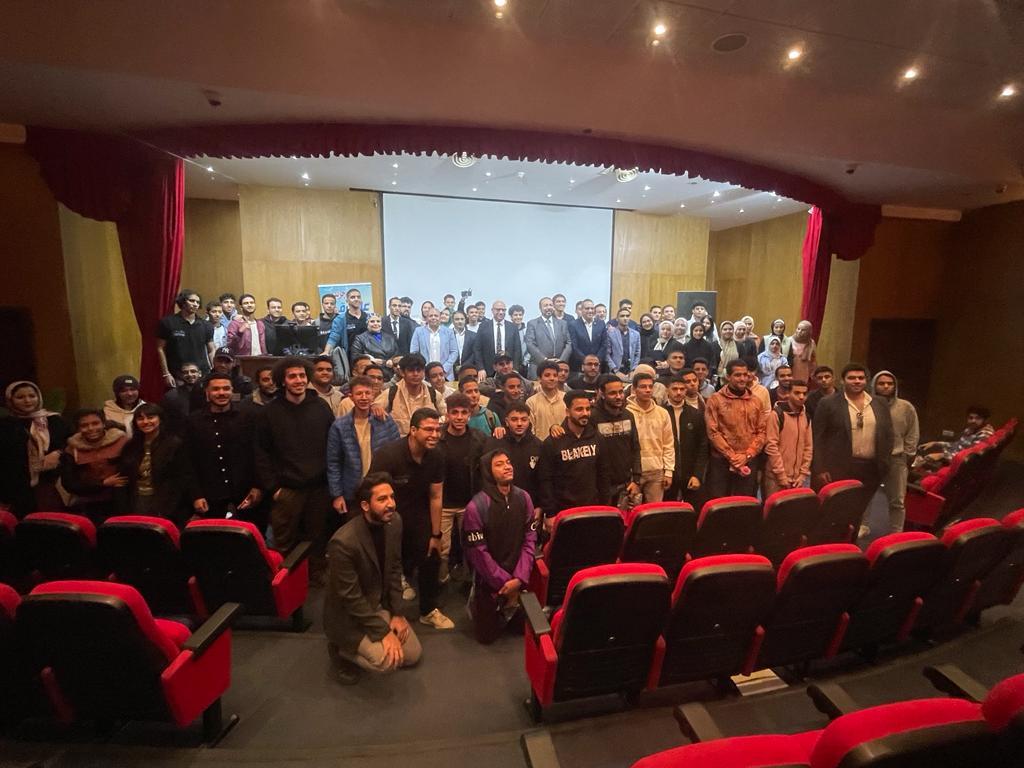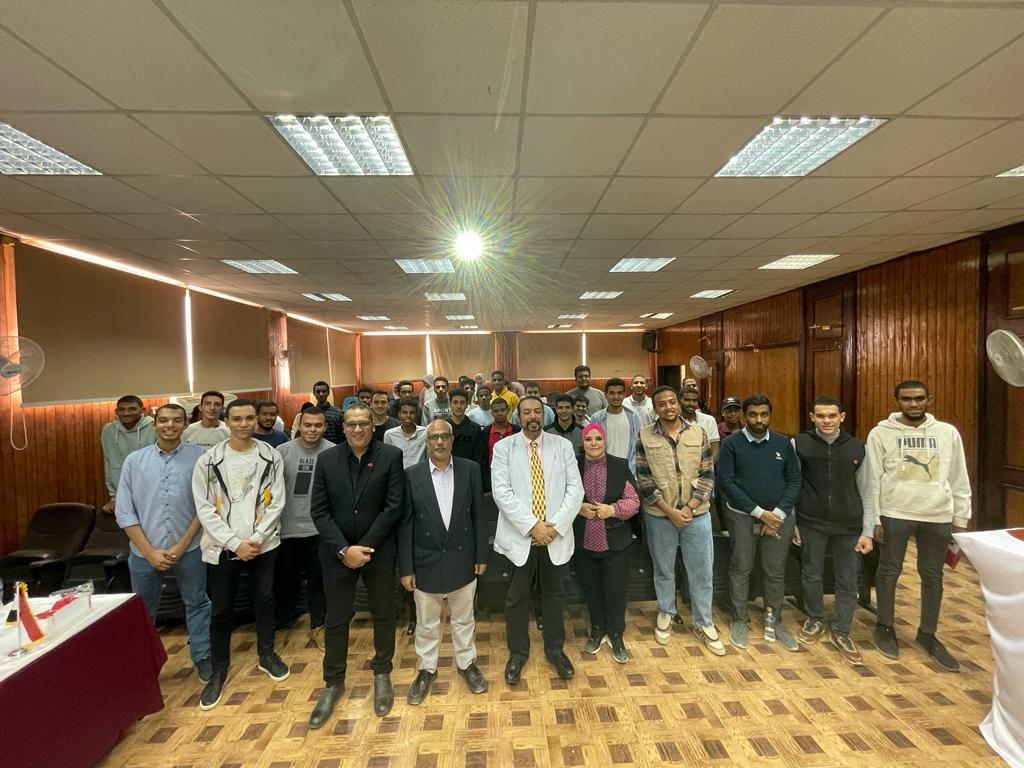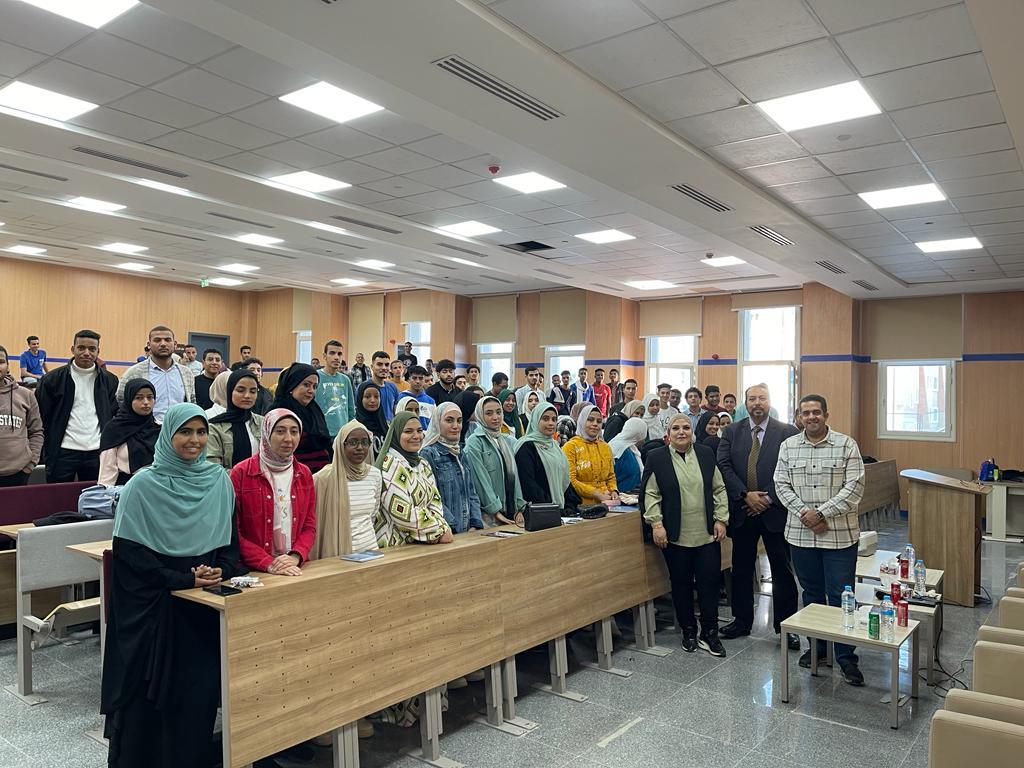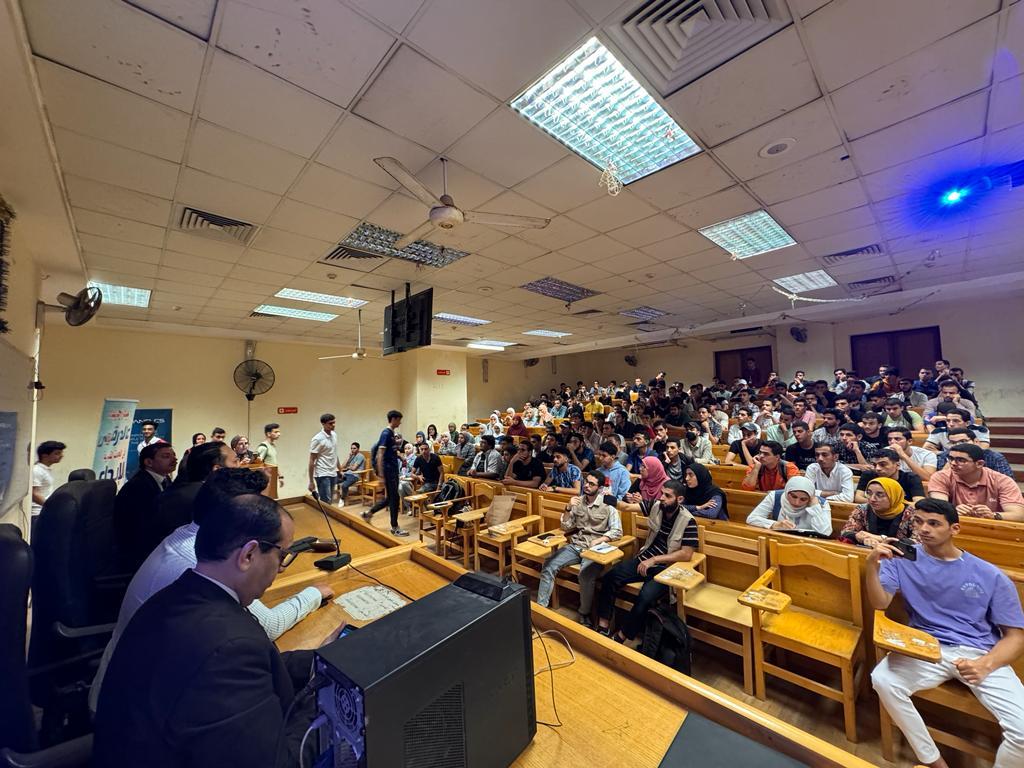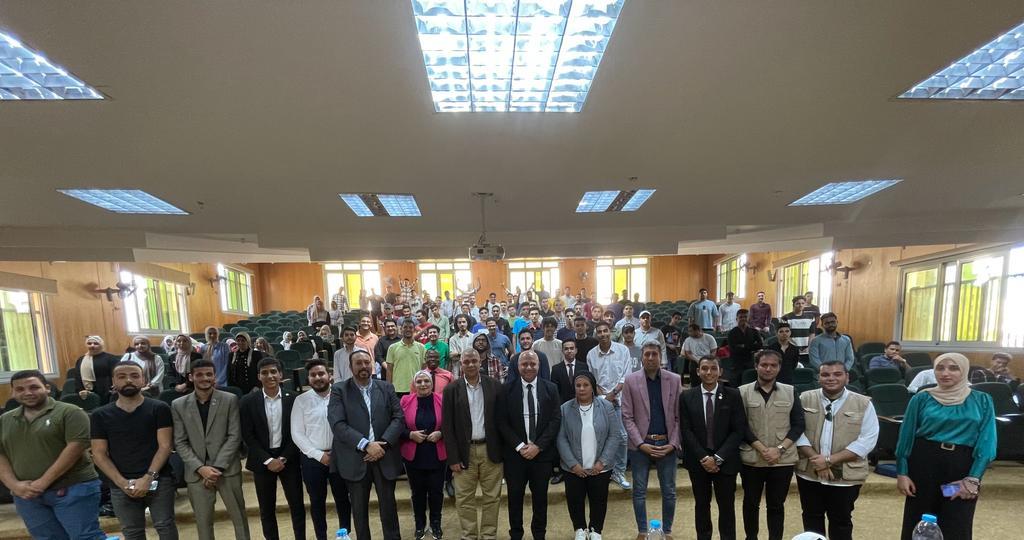By ; Adel Farig
The change in oocyte quality is one of the main causes of infertility in older women. The reproductive potential of females who are of age 35 and above declines significantly, and after the age of 40, there is less than 10 per cent chance of conceiving naturally. The quality of oocytes or the eggs, are connected to a woman’s age, hence those in advanced age may find themselves struggling to get pregnant in a natural way.
“While there are several advanced IVF techniques that are available to help women realize their dream of motherhood, it is still essential that we raise awareness about the impact of maternal age on eggs. As the quality of oocytes diminishes, the chances of getting pregnant also decline. Many studies have backed up this statement and we have handled an abundant number of such cases ourselves,” said Dr. Francisco Ruiz, Medical Director, IVI Middle East Fertility Clinic, Muscat.
Dr. Ruiz added, “An increased awareness on this matter is essential so that women can take family planning decisions accordingly. For younger women who wish to delay parenthood for medical, social or career-related reasons, fertility preservation, for example, offers them the freedom to choose the best time for them to conceive according to their willingness to embark upon the exciting new chapter of their lives.”
Fertility preservation involves freezing and storing eggs, sperm, or embryos. With that said, however, Dr. Ruiz cautioned that the level of success of this technique for women is also linked to the quality of extracted oocytes, as concluded by a study conducted by IVI, the parent company of IVI Middle East Fertility Clinic.
According to the study led by Dr. Ana Cobo, Director of the IVI Cryobiology Unit, women who are under 35 years of age who preserved their fertility achieved a success rate of around 94 percent with 24 oocytes obtained for vitrification. Those who were over 35, with a similar number of oocytes, barely reached a 50 percent probability of full-term pregnancy.
“Getting pregnant at 40 or even at 45 is still possible with many advanced fertility treatments available today but it can be more difficult as the quality of oocytes is a major factor. Awareness about this reality will help women who wish to have a child in the future to make more informed choices, well in time, while they are still young,” Dr. Ruiz concluded.
IVI Middle East Fertility Clinic, which is part of IVI, the largest assisted reproduction group in the world, offers treatments for various fertility issues – male and female centric and also addresses cases of secondary infertility. Employing the best techniques in Assisted Reproduction Technology, IVI has achieved a success rate of over 70% - the highest in the region.
With state-of-the-art clinics in Dubai, Abu Dhabi, and Muscat, IVI Fertility provides world class fertility treatments that are transparent, highly personalized and result oriented.
